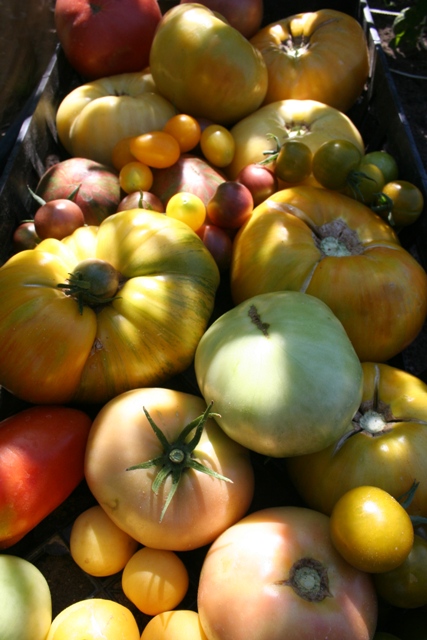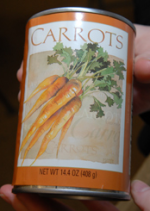Sonju Garden and Community Fruit Orchard
 This property was a commercial fruit orchard but was neglected and donated to the city of Des Moines. It sat unused for many years until the parks department, the Des Moines Area Food Bank and a neighborhood volunteer teamed up to make a plan for its transformation into a community garden, park and source of fresh fruit.
This property was a commercial fruit orchard but was neglected and donated to the city of Des Moines. It sat unused for many years until the parks department, the Des Moines Area Food Bank and a neighborhood volunteer teamed up to make a plan for its transformation into a community garden, park and source of fresh fruit.
The VISTA worked closely with the dedicated volunteer and food bank staff to take the lead on volunteer outreach and recruitment for weekly garden work parties.
Through his involvement with Sonju Park, the VISTA realized something important: As a representative of the food bank he could reach out to multiple community gardens to both provide support and encourage donation to the nearest food bank. Gardeners were eager but had little information about how to donate. By simply connecting the gardeners to food bank websites the VISTA could empower them to give.
Solicitation and Distribution of Seeds
The South King VISTA utilized templates from other Harvest VISTA and successfully adapted a strategy for soliciting donations from seed companies. By providing seeds in the beginning of the growing season to “P-Patch” and other community gardeners, relationships were built in order to increase produce donations to food banks come harvest time.
Note: As seed companies sell their products throughout the growing season they start to clean out their inventories during October and November. These are the ideal months to start a mailing campaign. Seeds were successfully solicited in October, November, December, January and February.
Food Bank Farms
At present, two food banks within the coalition are strategizing and planning for their own food producing properties to develop greater capacity for vegetable distribution to clients. This model provides its own unique advantages and challenges. Both of these agencies have engaged in long processes with the aim of buying land. If your agency is interested in this model, it is extremely important to stay focused about why you have chosen this model throughout the entire process of development. With your own farm or large garden that is dedicated to food bank production you can dramatically increase produce access among clients. However, it is a very intensive process and can take a lot of time and energy away from the daily operations of your agency.
The VISTA worked with one of these agencies to research new funders that might support a capital campaign to buy agricultural land for a food bank. Research conducted at a local county library was highly effective. Utilizing the library’s non-profit resource databases, philanthropic foundations regionally and nationally were pinpointed and a list of 30 potential new funders was developed. Here’s the link to the King County Library’s non-profit resource center. Perhaps there is something like this in your area!

